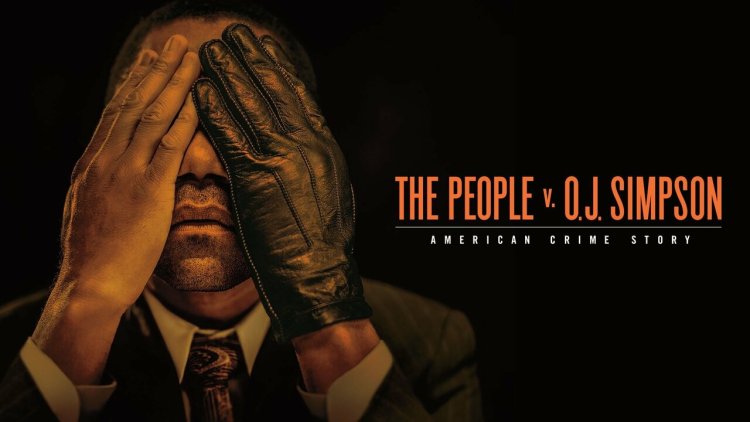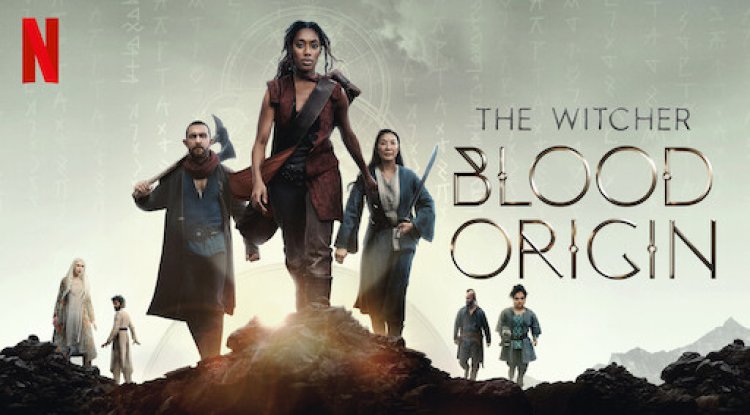The People v O.J. Simpson: American Crime Story (2016)
Welcome to our comprehensive analysis of the critically acclaimed television series, "The People v O.J. Simpson: American Crime Story." In this in-depth article, we delve into the captivating world of one of the most infamous trials in American history, exploring the series' masterful storytelling, exceptional performances, and its impact on popular culture.

Recreating the Trial of the Century
"The People v O.J. Simpson: American Crime Story" takes viewers back to the mid-1990s, providing a meticulous recreation of the trial that captured the attention of the nation. The series skillfully balances legal drama, personal narratives, and societal commentary, allowing viewers to relive the trial and gain new insights into the complexities of the case.
The Ensemble Cast Shines
One of the standout features of "The People v O.J. Simpson" is its stellar ensemble cast, comprising seasoned actors who deliver powerhouse performances. From Sarah Paulson's Emmy-winning portrayal of prosecutor Marcia Clark to Sterling K. Brown's nuanced depiction of Christopher Darden, the series brings the key players in the trial to life with depth and authenticity. Each actor captures the essence of their real-life counterparts, immersing viewers in the high-stakes drama of the courtroom.
Exploring Race, Fame, and Justice
At its core, "The People v O.J. Simpson" is not just a courtroom drama but a profound exploration of race, fame, and the pursuit of justice. The series tackles issues of systemic racism, media manipulation, and the influence of celebrity, shining a spotlight on the cultural and social dynamics that surrounded the trial. It raises important questions about the fairness of the criminal justice system and the impact of public opinion on the outcome of a trial.
Behind the Scenes: The Legal Strategies
"The People v O.J. Simpson" goes beyond the courtroom to delve into the behind-the-scenes legal strategies employed by the defense and prosecution. The series offers a fascinating glimpse into the tactics, challenges, and intense pressure faced by both sides. It highlights the importance of storytelling, media perception, and the power of persuasive arguments in shaping public opinion and ultimately the verdict.
Compelling Character Studies
Beyond the trial itself, "The People v O.J. Simpson" delves into the personal lives and motivations of the key characters involved. From O.J. Simpson himself, played by Cuba Gooding Jr., to Robert Shapiro, played by John Travolta, and the larger-than-life figure of Johnnie Cochran, portrayed by Courtney B. Vance, the series explores the complexities and contradictions of these individuals. It humanizes the players in the trial, showing their vulnerabilities, personal struggles, and the immense pressure they faced.
Attention to Detail and Authenticity
"The People v O.J. Simpson" stands out for its meticulous attention to detail and commitment to authenticity. From the courtroom set design to the wardrobe choices, the series transports viewers back to the 1990s, recreating the atmosphere and visual aesthetics of the time. The accuracy extends to the dialogue, with the script drawing heavily from actual court transcripts and interviews. This dedication to authenticity enhances the viewing experience, making it feel like a true reflection of the trial.
Impact and Cultural Significance
"The People v O.J. Simpson" had a significant impact on popular culture and reignited public interest in the trial. It sparked renewed discussions about race, justice, and the role of the media in shaping public perception. The series also paved the way for subsequent true crime dramas and anthology series, leaving a lasting cultural imprint.
Also Check Susan Boyle's humble home tour
Conclusion
In conclusion, "The People v O.J. Simpson: American Crime Story" is a gripping and riveting television series that skillfully captures the essence of one of the most captivating trials in American history. Through its exceptional performances, thought-provoking exploration of societal issues, and meticulous attention to detail, the series offers a compelling and insightful examination of the trial of the century.




























